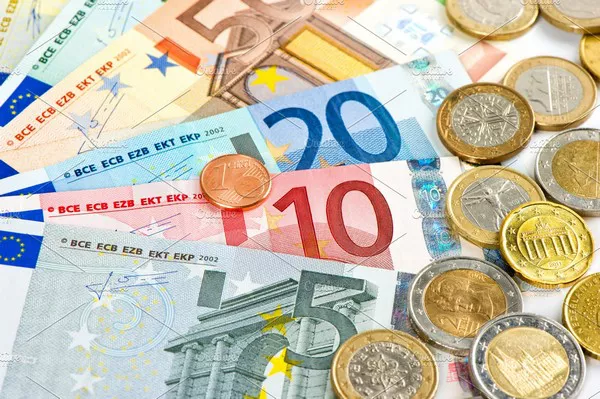The U.S. dollar relinquished its 12-week zenith on Monday following Federal Reserve Chair Jerome Powell’s indication of possible forthcoming rate hikes. Simultaneously, the euro, which is closely aligned with China’s economic activities, advanced as Beijing sliced its stamp duty on stock trading, striving to bolster its ailing market.
The dollar index, gauging the American currency against six major counterparts, saw a marginal 0.06% slip to 104.11, a departure from its early June peak reached on Friday. Despite this decline, the index has ascended by over 2% this August, marking the end of a two-month descent.
Powell’s highly anticipated address at the annual Jackson Hole Economic Policy Symposium remained an influential factor. In his speech on Friday, he emphasized a prudent approach in future meetings, acknowledging both the strides made in alleviating inflationary pressures and the uncertainties stemming from the robustness of the U.S. economy.
Market sentiment currently predicts an 80% likelihood of the Federal Reserve maintaining its stance in the forthcoming month, as indicated by the CME FedWatch tool. However, there has been a shift in expectations for November, with the probability of a 25 basis point increase now standing at 51%, compared to the previous week’s 33%.
Chris Weston, Head of Research at Pepperstone, affirmed the improbability of a Fed hike in September while highlighting November as a potentially pivotal period due to the data’s capacity to sway interest rate expectations.
Weston underlined, “When many other G10 central banks are already priced for an extended pause, the Fed potentially going again in November is supporting the dollar.”
Strong U.S. economic indicators have alleviated recession concerns, but persistently elevated inflation has led some investors to fear prolonged interest rate retention by the U.S. central bank.
With the Federal Reserve emphasizing the relevance of impending U.S. economic data, this week’s focus among investors centers on reports regarding payroll statistics, core inflation, and consumer expenditure.
Rodrigo Catril, Senior Currency Strategist at National Australia Bank, asserted, “If the data doesn’t play ball, then further tightening should be expected.”
Regarding the euro, which has exhibited a 1.7% decline this August, its upward trajectory to $1.0809 was influenced by China’s decision to halve the stamp duty on stock trading. China’s efforts to stimulate its economy, the world’s second-largest, impacted the euro positively.
Nonetheless, the euro remained proximate to an 11-week nadir recorded on Friday, subsequent to remarks by European Central Bank President Christine Lagarde, who underscored the necessity for restrictive policies.
Amid these fluctuations, the Australian dollar, sensitive to developments in China, ascended by 0.1% to $0.6408. Despite the uptick, concerns persist over China’s post-pandemic recovery, exerting pressure on the currency’s performance.
Tommy Wu, Senior Economist at Commerzbank, stated, “Market confidence will unlikely improve much until there are signs of China’s weakening economic momentum turning around.”
The Japanese yen experienced a slight 0.02% descent to 146.48 per dollar, inching close to the nine-month low of 146.64 achieved on Friday. Traders continue to monitor any indications of currency market intervention from Japanese authorities.
The Bank of Japan, in a statement by its governor on Saturday, affirmed the maintenance of its current ultra-easy policy, attributing the decision to Japan’s underlying inflation remaining “a bit below” the target.


